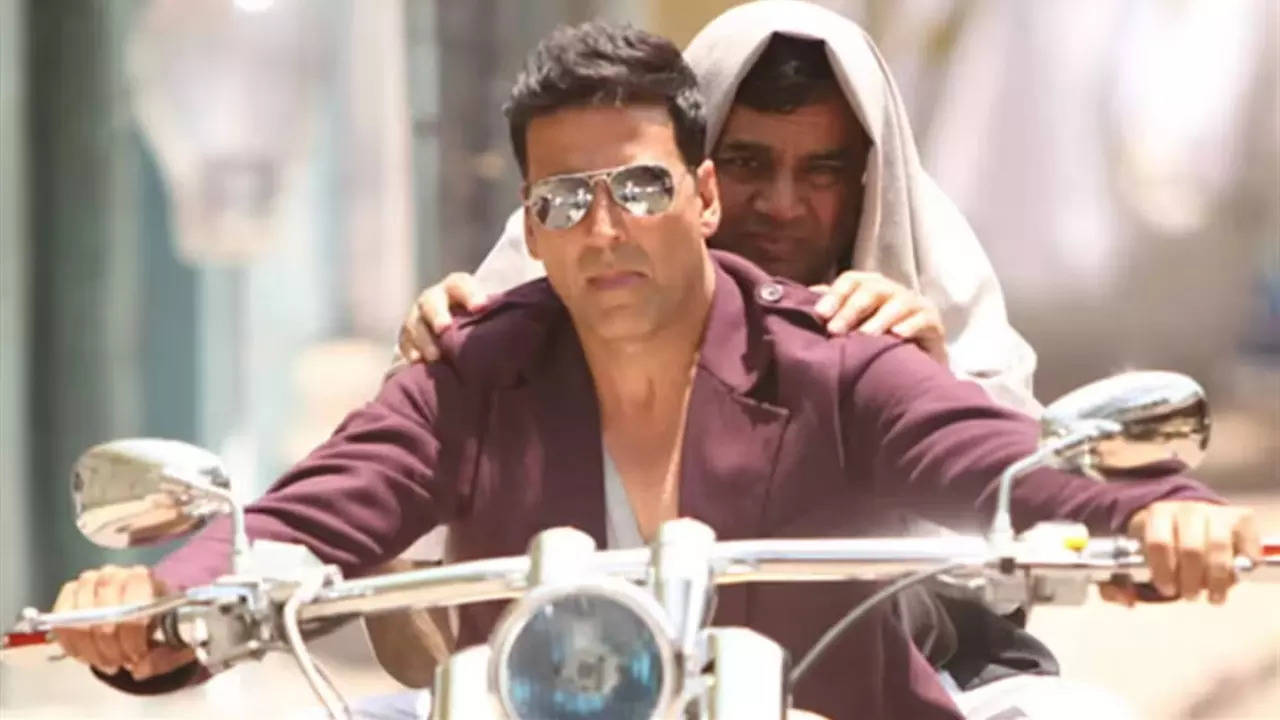
Joli Mathis tried for years to get pregnant before being diagnosed with unexplained infertility, leaving in vitro fertilization as her best chance at pursuing pregnancy. But even that wasn’t easy. It took four failed embryo transfers and the painful acceptance that she would likely be childless before Mathis found out she was pregnant with twins.
When she testified in front of the House Judiciary Committee on Wednesday, Mathis wanted Montana lawmakers to understand that a constitutional amendment to give fetuses the same rights as people might have made this pregnancy — and her twins — impossible. would “person” in the state constitution so "personhood" begins at fertilization, extending rights to “life, liberty and prosperity” to unborn fetuses, “regardless of age, health, level of functioning or condition of dependency.” The proposed amendment would effectively outlaw abortion and possibly other reproductive care that would infringe on the rights of a fetus, which under the proposal would be defined as a person.

“The interest I have in this bill is to protect the baby in utero from the very beginning of their life and then outside of the uterus until their natural death,” said bill sponsor Rep. Lee Deming, R-Laurel, who voted against a bill earlier this session that would have led to a de facto reinstatement of the death penalty in Montana. At a hearing that sometimes veered into commentary about religion and philosophy, critics asked legislators to imagine a future where fetal personhood became state law.
Zuri Moreno from progressive advocacy group Forward Montana said it would limit access to common forms of contraception. Amber Nichols, a scientist, said it would disenfranchise women and drive health care providers out of a state already in dire need of more physicians. Amy Zanoni, a new mom from Livingston, said if not for IVF her 15-month-old daughter would not be here.
Lawmakers don’t have to look far to see the impact of fetal personhood bills in other states. Though the tactic has been used by the anti-abortion movement for decades, fetal personhood was the Alabama Supreme Court ruled last year that frozen embryos are considered unborn children, granting them the same rights afforded to any person. Fertility clinics, which will destroy embryos that do not develop enough to be transferred into the uterus or are found to carry genetic disorders, feared they could face litigation.
Many paused operations. Pushback was so swift that Alabama lawmakers quickly passed additional legislation to carve out protections for fertility practitioners. But the court's decision nevertheless cast uncertainty far and wide and sent states scrambling to figure out if their own laws were vulnerable should the courts render a similar ruling.
Deming conceded that the question of how granting rights to a fetus would impact fertility treatments “troubled” him greatly, but said he would expect the Legislature to take action to clarify laws around the question and other possible unintended consequences. At least 10 states have passed laws that make a fetus at any stage of development legally equal to a child. Of those, some have taken steps to protect IVF clinics by saying the fetus must be in the womb to qualify as a person.
Others have enacted protections to ensure pregnant mothers aren’t subject to child abuse charges if they struggle with substance use, for example. Conservative Republicans in Montana have tried time and again to ascribe more sweeping rights to fetuses. Going back to the 1999 legislative session, at least seven different bills or constitutional amendment referendums that would grant fetuses the same rights as children have been introduced for consideration.
All have failed to obtain the necessary two-thirds majority to pass a constitutional amendment on to the ballot. The 2021 effort came closest to success when it passed the House with 66 votes before dying in the Senate with 30 votes, falling four votes short of the necessary threshold. A 2012 campaign to put a citizen-led measure on the ballot also failed to collect enough signatures to be eligible.
But this year’s attempt stands alone in that it comes after 58% of Montana voters to explicitly protect abortion rights in the state constitution. “Ultimately, abortions violate basic or natural rights,” Deming said. “No amendment can take those rights away.
” If HB 316 were to face a different fate than its predecessors and gain the support of two-thirds of the Legislature, it would then go to voters as a ballot referendum. A simple majority would be required for the amendment to pass and change the constitutional definition of personhood. The House Judiciary Committee is expected to vote whether to advance the bill this week.
.















